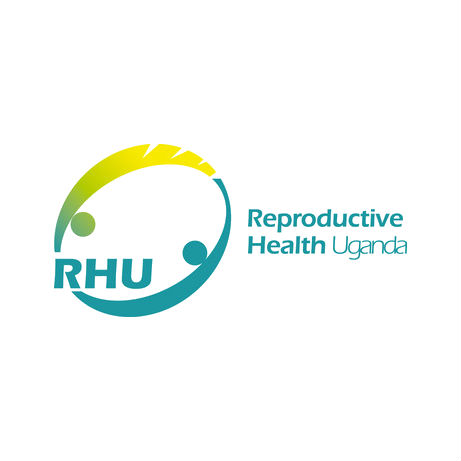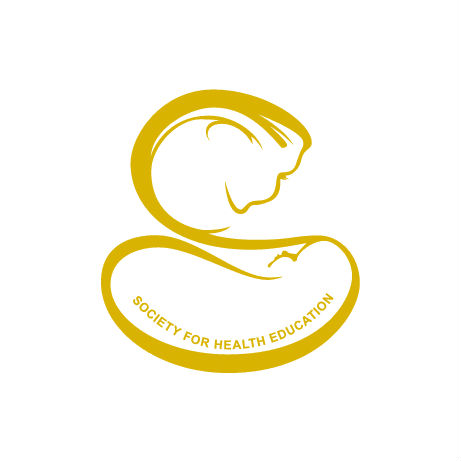

| 31 March 2016
Reproductive Health Uganda
The people of Uganda face urgent sexual and reproductive health (SRH) issues, with high prevalence of HIV and AIDS and unmet needs for contraception presenting some of the most immediate and life-threatening risks. Reproductive Health Uganda (RHU), formerly the Family Planning Association of Uganda, was established in 1957. It now provides services in 29 of the country’s districts through 768 service points: 17 static clinics, 74 mobile facilities, 35 associated clinics and a network of hundreds of community-based distributors/community-based services (CBDs/CBSs). RHU's comprehensive range of services include family planning, the prevention and treatment of HIV and AIDS, the diagnosis of sexually transmitted infections and post-abortion care. The work is led by a full-time staff of 19, supported by nearly 4,000 volunteers. These include 56 community-based distributors, 118 peer educators and a Youth Action Movement which has nearly 1,000 members. An estimated 98% of RHU's clients are poor, marginalized, socially excluded and/or under-served. Target groups include internally displaced persons, young women in conflict-affected areas, sex workers, hawkers, saloonists, bicycle taxi operators and maids. RHU undertakes high level advocacy work. At present, advocating for policies and government action to end female genital mutilation (FGM) is one of its top priorities. RHU runs training schemes for other non-governmental organizations (NGOs) and health professionals. RHU representatives sit on the government’s SRH advisory board and RHU has played a critical role in shaping, developing and implementing policies on gender, adolescent reproductive health, domestic relations, safe motherhood, and private partnerships for health. RHU provides technical assistance to IPPF Member Associations (MAs) in Swaziland, Sierra Leone, Tanzania, Namibia and Rwanda. RHU works with an immense range of NGOs and private sector organizations and it receives funding and support from over 20 different donors based locally, regionally, nationally and internationally. The organization is a national convenor: bringin together a broad range of agencies in Uganda which are engaged in campaigning and delivering services to coordinate work and synthesize efforts within the country for maximum impact. Contacts Website: www.rhu.or.ug Facebook: https://www.facebook.com/rhuganda Twitter: https://twitter.com/RHUganda

| 31 March 2016
Society for Health Education (SHE) Maldives
The Society for Health Education (SHE) was established in 1988 by 4 women. It adopts an integrated approach to health education and service delivery and its role includes increasing the accessibility of services and using the media for education and communication. The society runs outreach programmes and mobilizes voluntary support to develop projects and to maintain and enhance service provision. SHE conducts selective research to assess and report on emergent health issues (especially the high incidence of thalassaemia). SHE operates a permanent clinic offering family planning services in the Maldive’s capital, Male. From here it runs counselling services, training courses for medical, paramedical and administrative staff, screening, and genetic counselling and research with a view to reducing the number of children born with thalassaemia. In schools, SHE operates a health programme for young people, providing information on population, thalassaemia, early marriage and pregnancy, sexually transmitted infections (STIs) and smoking and drugs. It also produces an extensive range of health education materials including both publications and radio and television programmes. Fundraising and income generation is a high priority for SHE which organizes a number of annual events, such as a Children's Festival and a Thalassaemia Dinner. Website: www.she.org.mv







